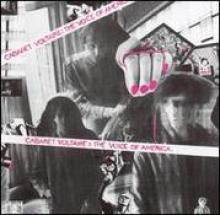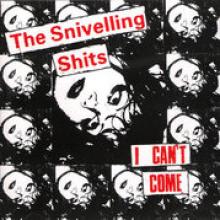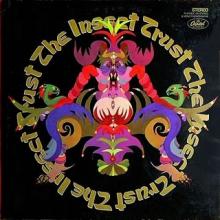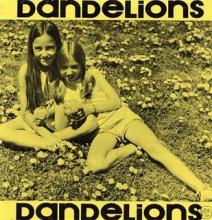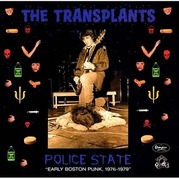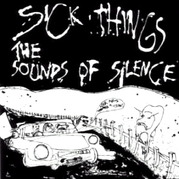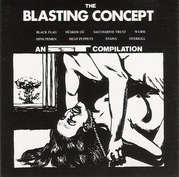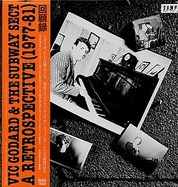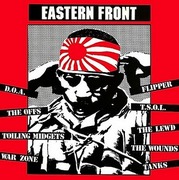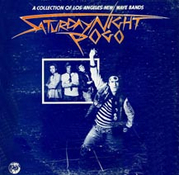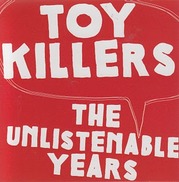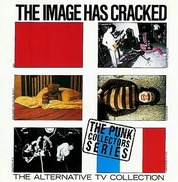Cabaret Voltaire:The History of Art through the History of Music
There’s this thing called punk. And for whatever reason, over the last thirty some odd years, it’s worked to incorporate any and every creative pursuit into its broad umbrella. When this combination of punk and otherness does in-fact occur, it very frequently winds up becoming something beyond the foundational genre. So, things like post-punk, synth-punk and art-punk among innumerable other iterations aren’t punk (whatever that is), but an extension of it.
Of course, commoditization of the genre and Warped Tour styled nonsense detract from a broad and popular view of this music. But at it’s essence, punk is and should be all inclusive.
For that reason, over time, any number of art practices, both theoretical and aural, have been pushed through the music and resulted in a number of odd outcomes.
